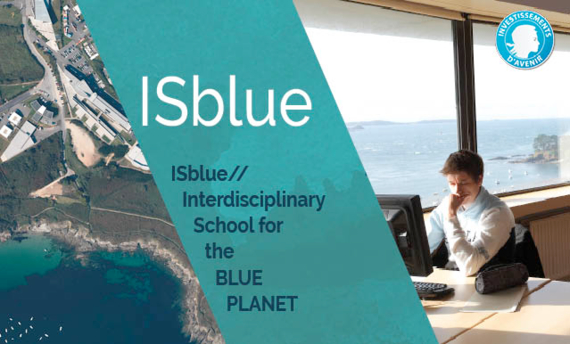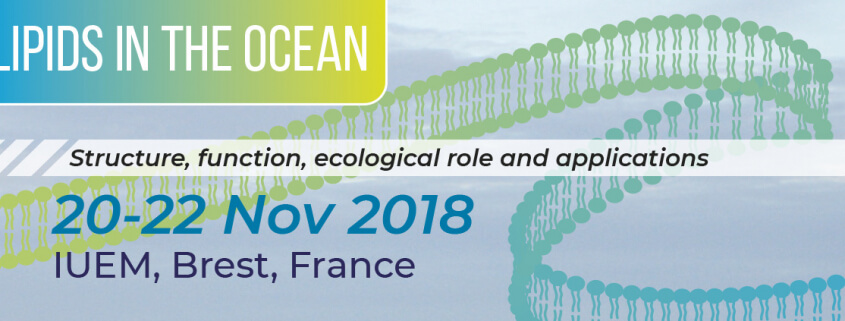Launch of the ISblue University Research School
On 24 October 2018, was the official launch of the Interdisciplinary graduate School for the blue planet (ISBlue). The creation of ISBlue is an evolution and amplification of the LabexMER “A Changing Ocean”, which was one of the laboratories of excellence retained during the first wave of the “Investments for the Future” programme. It is now replaced by the ISBlue University Research School, an international level graduate school, bringing together the best marine science and technology researchers in western Brittany to strengthen knowledge and understanding of how the ocean is functioning in the context of global change.
To learn more about ISBlue click here.







